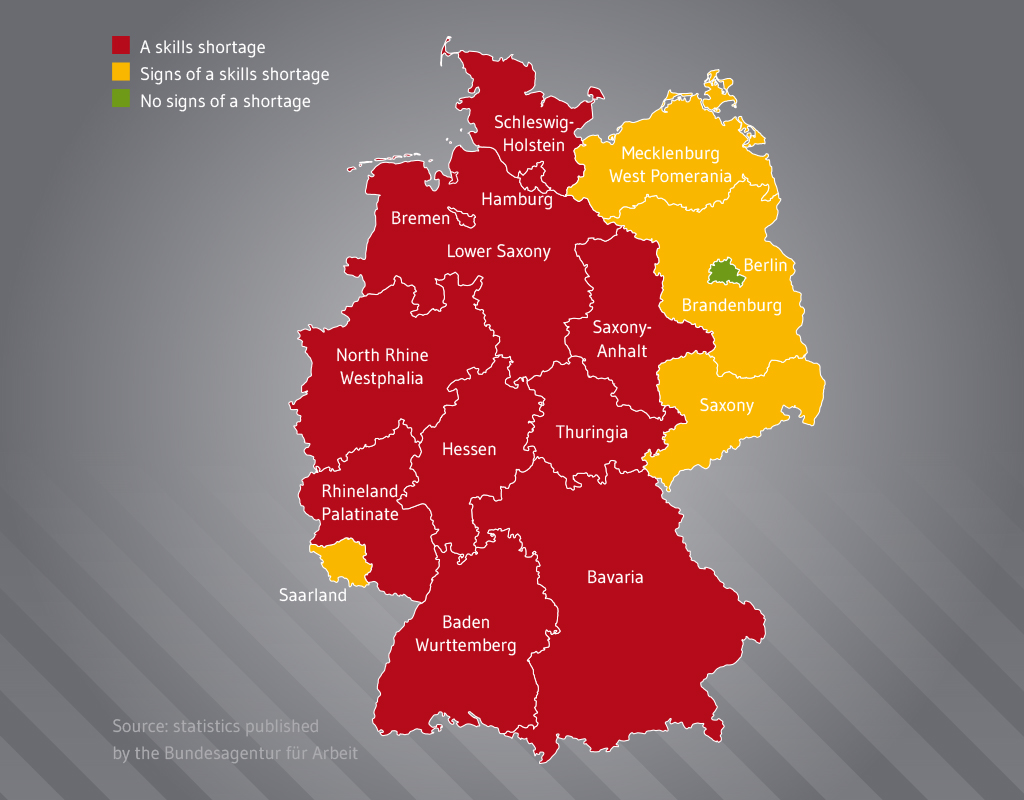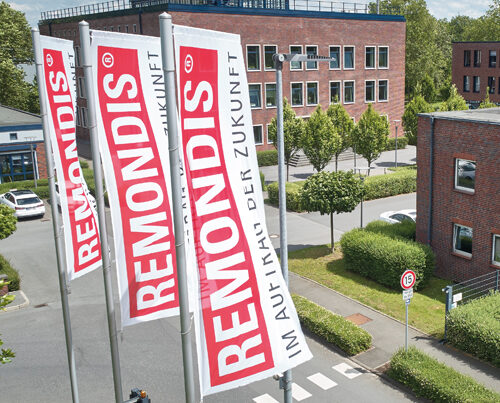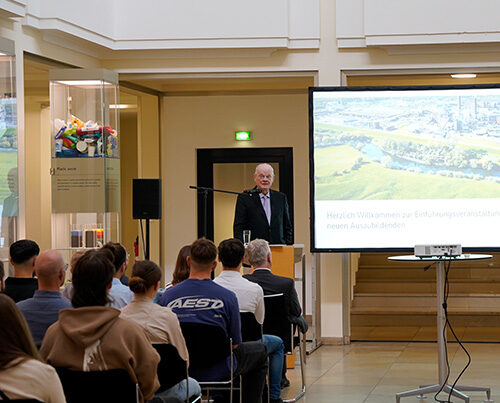A wide variety of companies need more HGV drivers
The whole industry has been preoccupied with the problem of how to recruit new lorry drivers for a long while now. The number of vacant truck driver positions available at recycling businesses, logistics firms and public transport companies is growing all the time.

A result of demographic change
In January 2019, the Bundesagentur für Arbeit (the job agency run by the German government) held a review of this profession to analyse to what extent there was a skills shortage in this area. The results have now officially confirmed that there is a significant lack of truck drivers available on the market. If the agency’s next review (due to be held in June 2019) mirrors the results of the first, then it may become easier to fill vacant truck driver positions with non-EU nationals. If the Bundesagentur für Arbeit determines that there is a skills shortage for a particular line of work in two back-to-back reviews, then this profession is added to a so-called positive list. This list is an overview of professions which can, in principle, be filled by people living outside the EU. The recycling sector has been calling for professional truck drivers to be added to the positive list for a long time now as demographic change has led to many firms finding it very difficult to fill these positions in many regions. No matter whether it involves kerbside collections or the collection of commercial and industrial waste, all of the supply chains in the recycling sector are based on the transport of waste. A look at the map shows that this problem is already having an impact on practically all German states.

The situation can only get worse
According to a survey carried out by the BDE [Federal Association of the German Waste Management Industry], around 65% of all recycling firms are having problems filling their vacant lorry driver positions. REMONDIS has openings for 126 truck drivers across Germany at the moment. The DSLV [German Association of Freight Forwarders and Logistics] has said that it currently needs at least another 45,000 drivers and that 30.7% of the HGV drivers in Germany are over 55 years old. Which means that the problem can only get bigger over time. Take into account the forecasts coming from the logistics and recycling industries that road freight is expected to increase by 1.4% over the next two years alone, then an already bad situation is about to get much worse.
We really need more lorry drivers! To find out more, go to remondis-fahrer.de

A steady fall in the number of applicants
These figures clearly show that this particular skills shortage could create a real problem for local inhabitants as well as commercial and industrial businesses. The solution, however, is proving to be more complicated than expected. Even though recycling firms have been paying their drivers above-average salaries for many years now, there has been a worrying fall in the number of people applying for these jobs. Potential applicants are obviously not being tempted to apply even though the companies are happy to take over the costs of applying for and training to get an HGV licence (category C) and are offering a whole list of other benefits. The possibility that this profession could be added to the positive list will give the industry some breathing space. At the moment driverless lorry technology is neither safe nor reliable enough to be used on a regular basis. Until this situation changes, truck drivers will continue to play a key role in the recycling industry – transporting goods and waste and, as a result, helping to conserve natural resources and protect the environment.

truck drivers are needed right now according to the German Association of Freight Forwarders and Logistics – and this is a conservative estimate.
Image credits: image 1: © REMONDIS; image 2: Freepik












